Human Chorionic Gonadotropin 10000 IU (HCG)
$75.00 – $200.00
Hcg SP 10000IU injection, categorized as a menopausal disorder medication, contains the key active ingredient Human Chorionic Gonadotropin. This hormone plays a crucial role in facilitating the development and release of eggs from the ovaries in women.
Description
Human Chorionic Gonadotropin (hCG) 10000 IU: A Comprehensive Guide
Introduction
Human Chorionic Gonadotropin (hCG) is a remarkable hormone with diverse roles in reproductive health and beyond. This comprehensive guide will explore the specific variant hCG 10000 IU. We will delve into its mechanism of action, clinical uses, potential side effects, precautions, and more to provide you with a thorough understanding of this essential hormone.
1: Understanding hCG
1.1 The Basics of hCG
Human Chorionic Gonadotropin is a glycoprotein hormone. It is most famous for its association with Pregnancy, but it exists in both men and non-pregnant women, albeit with varying levels and roles. The discovery of hCG in the 1920s marked a significant breakthrough in reproductive biology as it plays a vital role in early pregnancy detection.
1.2 The Role of hCG in Pregnancy
In the context of Pregnancy, hCG plays a pivotal role in establishing and maintaining Pregnancy. The placenta produces it shortly after implantation, establishing it as one of Pregnancy’s earliest markers. The primary functions of hCG during Pregnancy include:
- Sustaining the corpus luteum: hCG ensures progesterone production, a hormone vital for maintaining the uterine lining during early Pregnancy.
- Preventing uterine lining shedding: By maintaining the uterine lining, hCG creates a conducive environment for embryo implantation.
2: Clinical Uses of hCG
2.1 Fertility and hCG
Beyond its role in Pregnancy, hCG has found extensive applications in fertility treatments. One prominent use is in triggering ovulation.
In assisted reproductive methods such as in vitro fertilization (IVF) and intrauterine insemination (IUI), hCG triggers eggs’ ultimate maturation and release from the ovaries. This precise timing is crucial for optimizing the chances of successful fertilization.
2.2 Weight Management and hCG
hCG has also gained popularity in weight management. Some weight loss programs incorporate hCG injections alongside a calorie-restricted diet. The hypothesis is that hCG may reduce hunger and support fat metabolism. Emphasize that using hCG for weight loss is a subject of debate, and individuals should exclusively pursue it under the guidance and supervision of a qualified healthcare provider.
3: hCG 10000 IU: An In-Depth Look
3.1 Understanding hCG 10000 IU
hCG is available in various concentrations, with hCG 10000 IU being one of the higher-dosage variants. The “IU” denotes International Units, a standardized measurement for biological substances. hCG 10000 IU is typically used for specific medical purposes, particularly in fertility treatments.
3.2 Dosage and Administration
Healthcare providers guide the administration of hCG 10000 IU, determining the specific dosage and timing according to individual patient needs. In fertility treatments, it serves as a common ovulation trigger, typically given after a controlled ovarian stimulation protocol to ensure follicles have reached the optimal stage for ovulation.
4: Mechanism of Action of Human Chorionic Gonadotropin
4.1 hCG and the Corpus Luteum
A fundamental aspect of hCG’s mechanism of action revolves around its support of the corpus luteum. After ovulation, the follicle responsible for releasing the egg transforms into what is known as the corpus luteum. This structure secretes progesterone, a hormone crucial for maintaining the uterine lining during early Pregnancy. hCG plays a pivotal role in preventing the regression of the corpus luteum, ensuring the sustained production of progesterone.
5: Potential Side Effects of Human Chorionic Gonadotropin
5.1 Common Side Effects
While hCG is generally well-tolerated, it may cause side effects like any medication. Common side effects associated with hCG injections include:
- Slight to moderate discomfort or tenderness at the injection site.
- Fluid retention, which can lead to bloating.
- Breast tenderness or swelling.
- Mild headaches.
5.2 Less Common Side Effects
Less commonly, individuals may experience:
- Nausea or vomiting.
- Ovarian hyperstimulation syndrome (OHSS) is characterized by abdominal pain, bloating, and fluid retention. This is more common in cases of high-dose hCG used in fertility treatments.
6: Precautions and Considerations
6.1 Medical Supervision
hCG 10000 IU should only be administered under the supervision of a qualified healthcare provider. They will determine the appropriate dosage and timing based on your medical condition and needs.
6.2 Pregnancy and Breastfeeding
If you are pregnant or breastfeeding, it’s crucial to inform your healthcare provider before undergoing hCG treatment, as its effects during these periods require careful consideration.
6.3 Allergic Reactions
Although uncommon, allergic reactions to hCG can occur. If you observe any allergic reaction symptoms like hives, breathing difficulties, or facial swelling, it is essential to seek medical assistance promptly.
Conclusion
Human Chorionic Gonadotropin (hCG) 10000 IU is a versatile hormone with profound implications for Pregnancy and medical treatments. Understanding its mechanism of action, clinical uses, potential side effects, and precautions is essential for informed decision-making in healthcare. When used appropriately and under healthcare professionals’ guidance, hCG can contribute significantly to reproductive health and other medical interventions.
For assistance or inquiries, please click here.


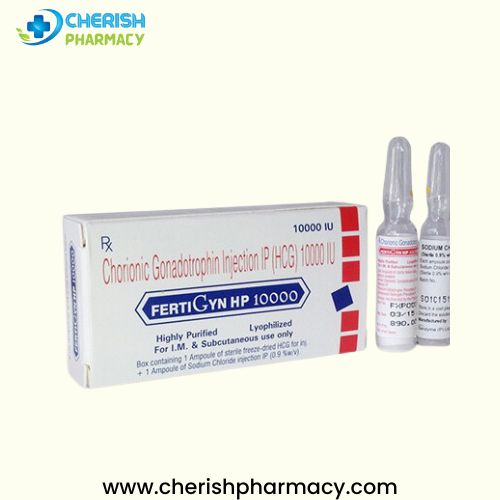
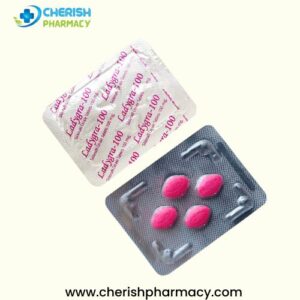
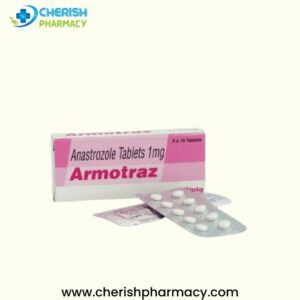
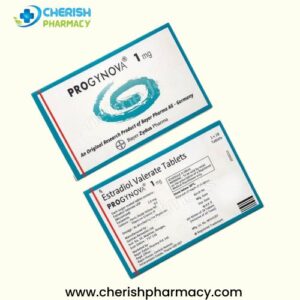
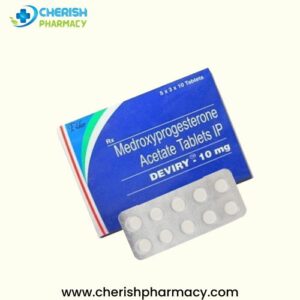

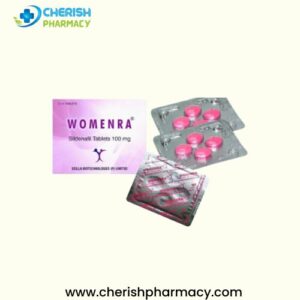


Reviews
There are no reviews yet.